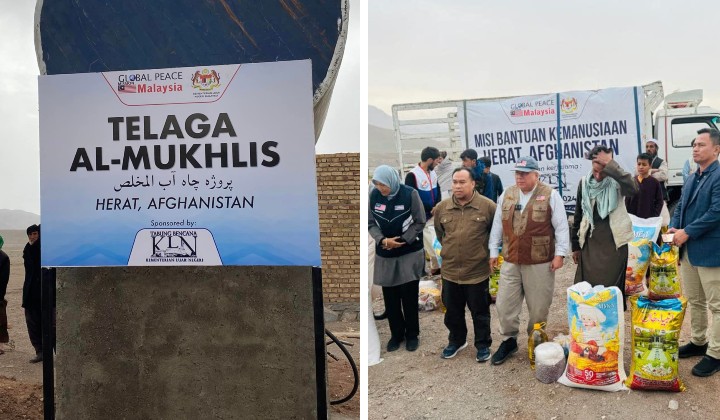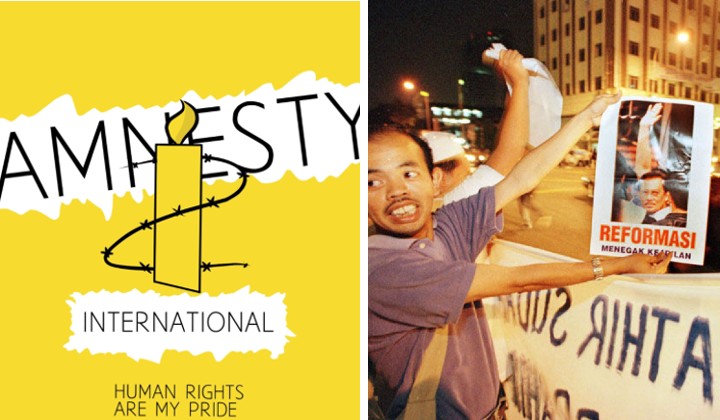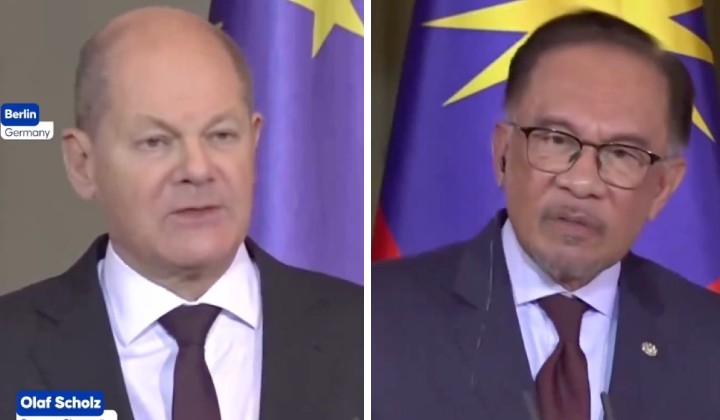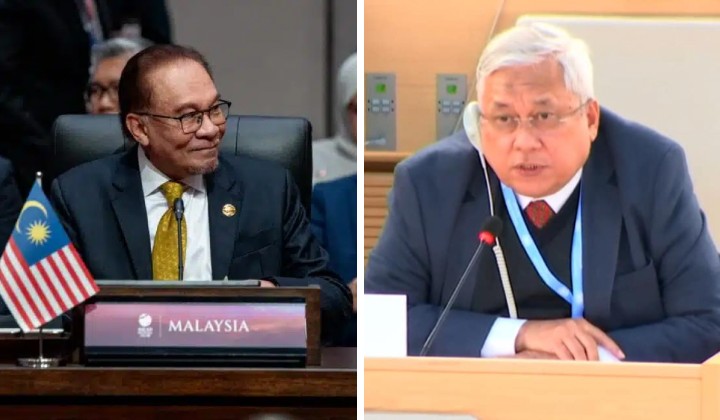How Long Will It Take Until The OIC Speaks About Uyghur Human Rights
The OIC must take a stance on human rights abuse of the Uyghur community and work towards a sustainable cessation of hostilities.
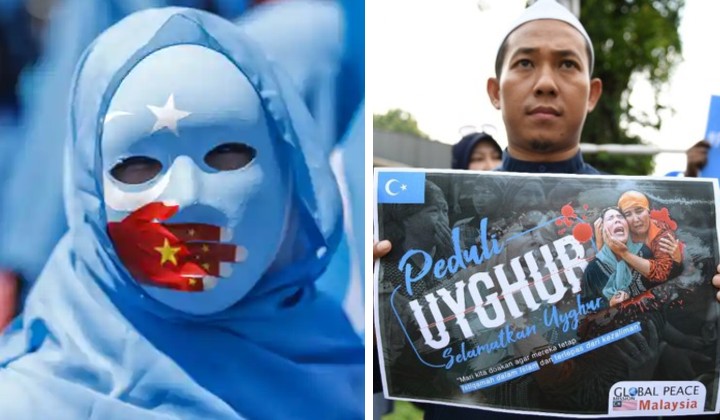
By:
Nabiela Ismail and Farah Anuar
Analysts (Foreign Affairs Department)
Bait Al Amanah
The Organisation of Islamic Cooperation (OIC), the largest international Islamic body, comprises 57 member states.
It seems to underutilise its role in defending the Uyghur community in Xinjiang, the northwest region of China.
Its Charter underscores its role to safeguard the interest of the ummah in the socio-economic and political spheres, which transcends the responsibility of the OIC member states.
However, despite its mandate to champion the cause of the Muslim community, the OIC’s silence and mixed signals on the Uyghur issue are concerning.
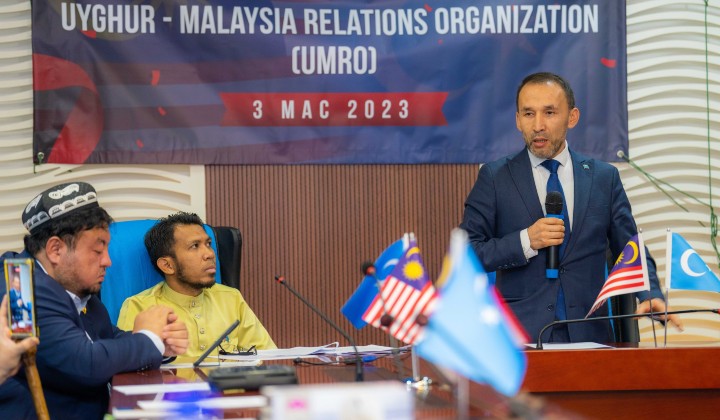
The Uyghurs are a Turkic-speaking Muslim ethnic group that primarily resides in Xinjiang, an autonomous region in northwest China, or preferably called by Uyghurs around the world East Turkistan.
Despite being granted autonomy, the Uyghur community has been denied self-.
governance in Xinjiang.
It has been at least 5 decades since the Uyghur’s religious and traditional practices have been suppressed and sent to internment camps.
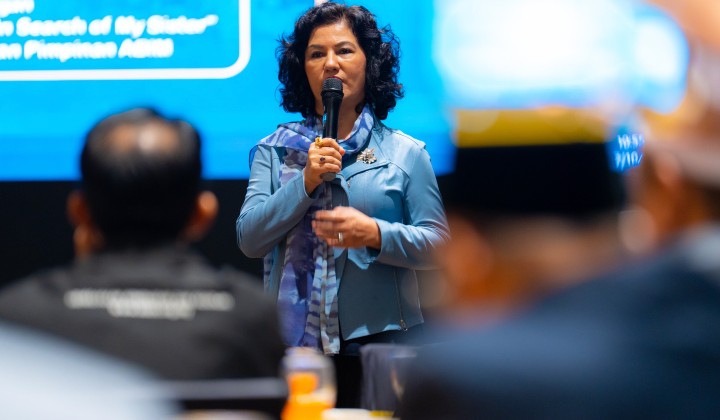
The Chinese government perceives their religious adherence as extremist behaviour and has implemented policies of minority acculturation and assimilation, characterising Uyghur nationalist movements as terrorism.
The repression-resistance cycles have painted a picture of failed development policies by the Chinese government, leading to an ongoing crisis called “genocide”.
The atrocities were apparent when The United Nations High Commissioner for Human Rights (OHCHR) released an assessment report in August 2022.
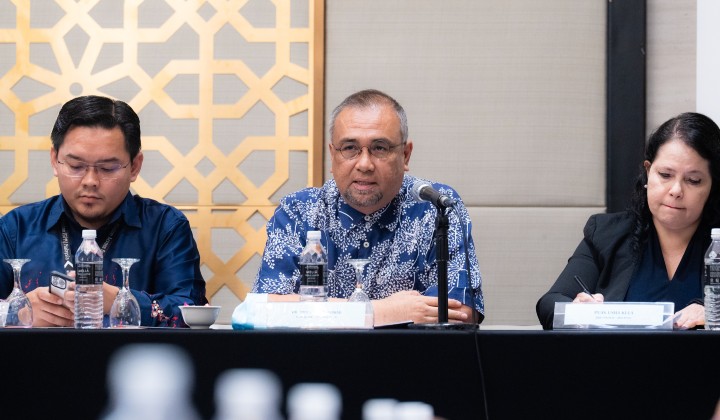
The report condemned the human rights violations against the Uyghurs as “serious human rights violations” and called upon the international community to rise against these atrocities for the sake of humanity.
It is common knowledge that China has diplomatic and economic relations with OIC
member countries.
And due to this reason, many are put in a difficult position impacting their stance on the Uyghur crisis.
Some OIC member countries have kept mum on the issue while
others have condemned human rights violations.
#Chinese communist party crimes against #Uyghur in daylight. World silence is deafening.#UyghurGenocide #Indonesia #Pakistan #Malaysia @OIC_OCI @LeagueArab @_AfricanUnion https://t.co/F1XB8YthYl
— Ariirow2020 🇵🇸🇸🇴 (@Ariirow2020) March 20, 2023
Correspondingly, the Chinese government’s economic imperative has become a factor influencing the response of OIC member countries towards the issue.
Considering the situation, Bait Al Amanah (House of Trust) published a policy brief analysing the role of OIC and its Charter in supporting the Uyghur community and exploring responses from the Muslim world.
In time, the OIC must take a stance on human rights abuse of the Uyghur community and work towards a sustainable cessation of hostilities.
Hence, the policy brief also provided recommendations for the OIC to uphold its principles and promote ummatic solidarity, as follows:
- Call for Extraordinary Session on Uyghur Human Rights Abuse
The OIC must hold an extraordinary session on Uyghur to discuss the ongoing crisis and find sustainable solutions with other organisational bodies. The session should focus on the OIC’s role in defending the human rights of the Uyghur community and promoting ummatic solidarity. - Essential Living Assistance for Uyghur Asylum Seekers & Refugees
The OIC must provide essential living assistance to Uyghur asylum seekers and refugees to sustain a dignified living, particularly within a short-term period, while figuring out the next steps. The OIC must work towards an established resettlement of the Uyghur asylum seekers and refugees and provide them with necessary mental, emotional, and physical support. - OIC Special Envoy on Islamophobia
The OIC must set up a special envoy on Islamophobia to address the growing scourge of Islamophobia towards Muslims and promote ummatic solidarity. The special envoy should work towards protecting the Muslim community and encourage interfaith dialogue. Upholding the principles of its Charter, OIC must prioritise the agreed principles and promote characteristics of good governance to contribute to international peace and security. The OIC Charter provides insights into the insufficiency of the organisation in putting forth solidarity and proving commitment towards the Uyghur crisis. The Uyghur crisis requires dire attention from the international community, and the OIC must take a firm position. The OIC must honour its Charter and strongly advocate for ummatic solidarity in defending the human rights of the Uyghur community. As a way forward, provided policy recommendations may be implemented to overcome the crisis and craft sustainable solutions for the Uyghur community.
READ MORE: With New NGO, Malaysians Show Support For Uyghurs
READ MORE: Muslim Nations Must Stop Staying Silent Over China’s Abuse Of The Uyghurs
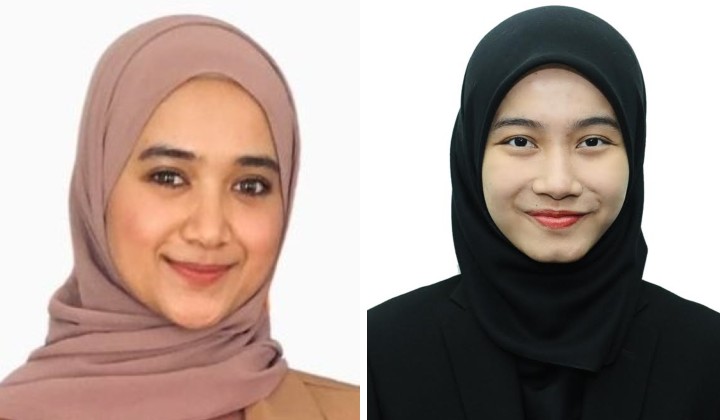
Nabiela Ismail (left) is an Analyst in Foreign Affairs at Bait Al Amanah. Her concentration area covers the Middle East and Islamic World, focusing on Islamic civilization and human rights issues in international relations.
Farah Anuar is a Research & Advocacy Analyst at Bait Al Amanah. Farah focuses on multidisciplinary studies that revolve around philosophical discussions and critical thinking surrounding social issues. For more information regarding Bait Al Amanah, you can visit the Bait Al Amanah website.
If you’d like to have your opinion shared on TRP, please send it via email at editorial@therakyatpost.com with the title “OPINION:” or through social media on TRP’s Facebook, Twitter, and Instagram.

